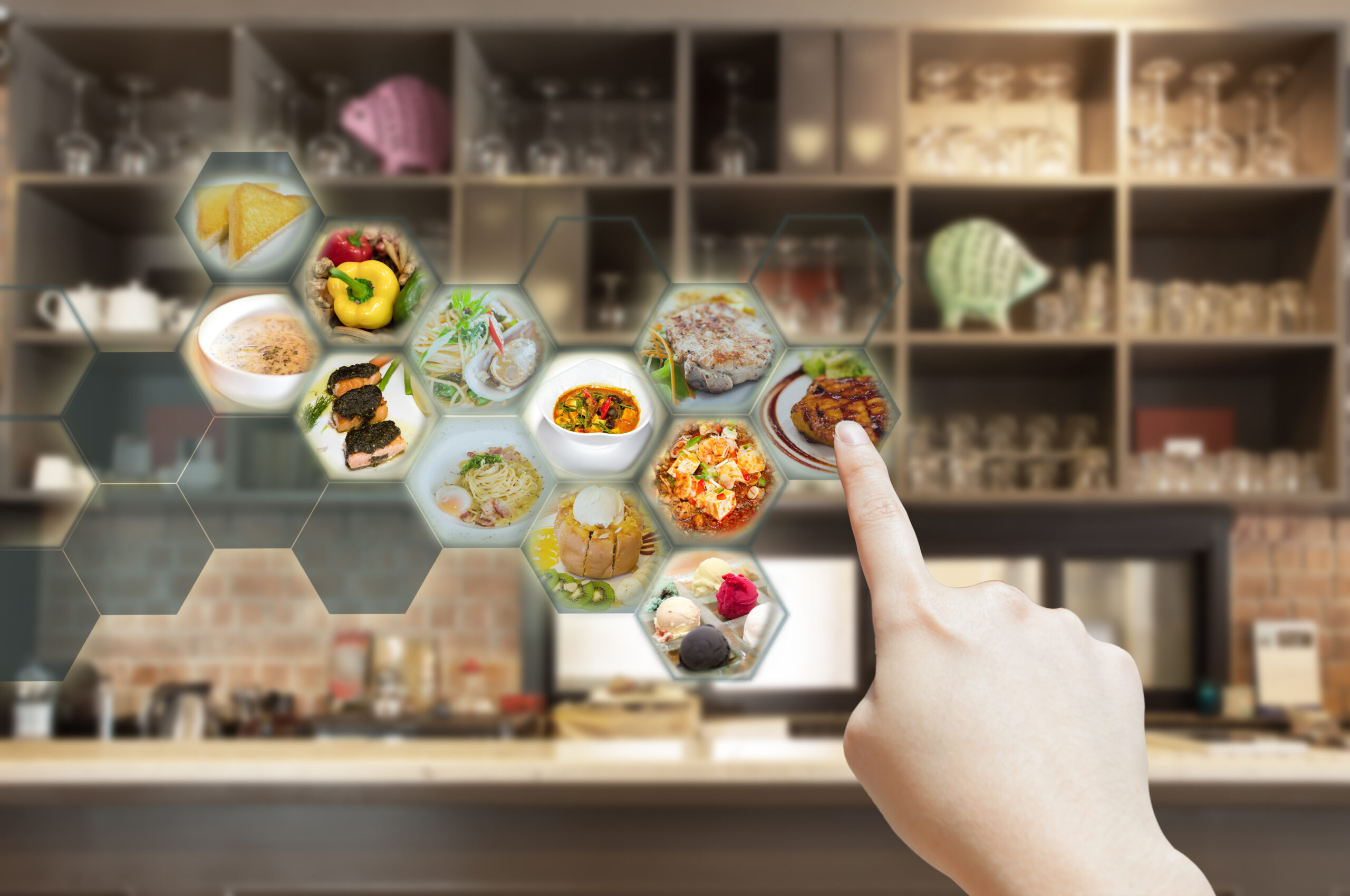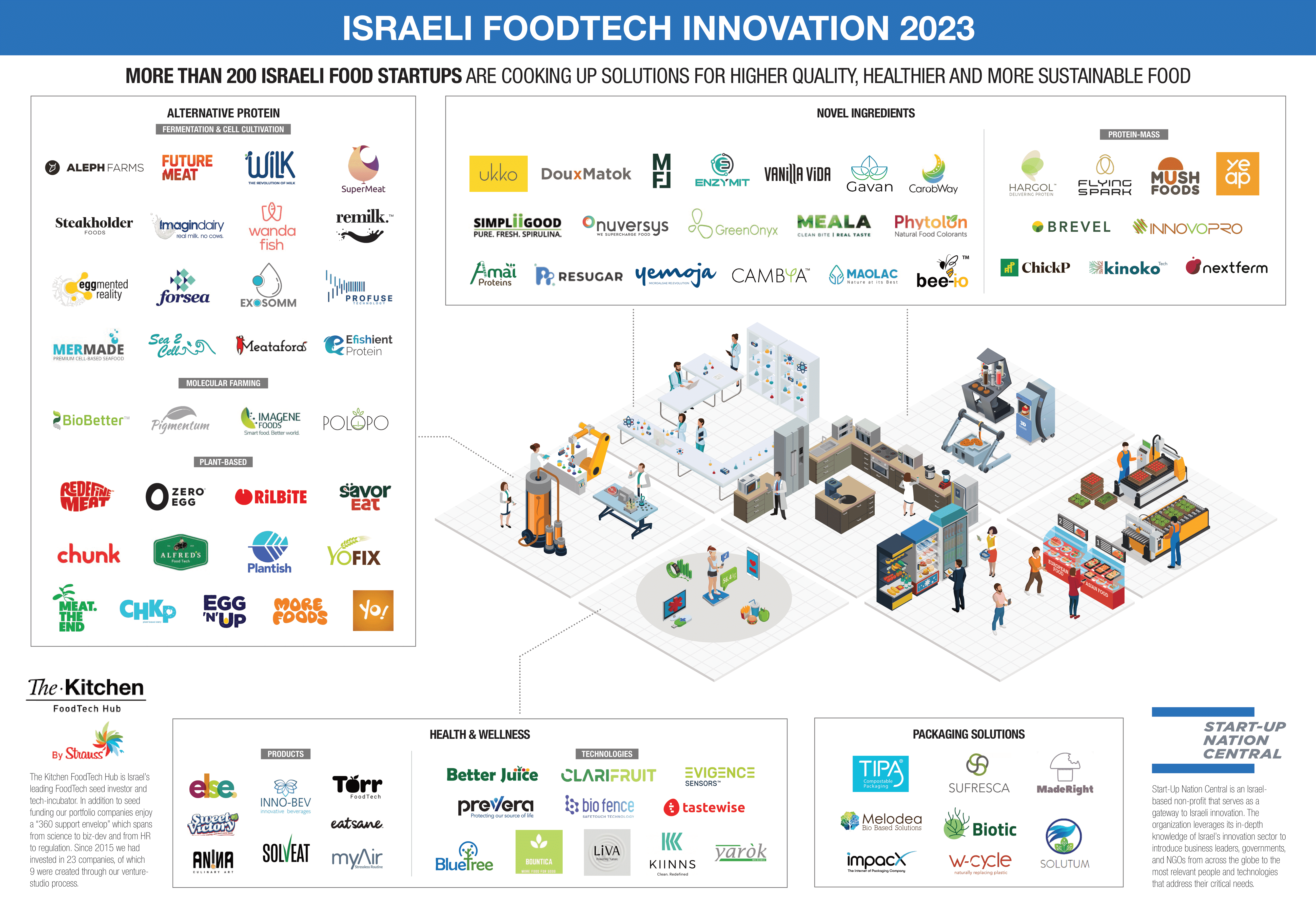The Power of Software Integration in Food Service
Food Tech
Revolutionizing the Restaurant Experience with Software Integration
In today’s rapidly evolving food service industry, the power of software integration has transformed the way restaurants operate and engage with their customers. Beyond improved efficiency and enhanced customer experiences, software integration is also playing a significant role in promoting sustainability and reducing the environmental impact of the food industry. By leveraging technology solutions, restaurants can streamline their operations, reduce waste, and make data-driven decisions that contribute to a more sustainable future.
Streamlining Order Management and Inventory Control
Software integration optimizes restaurant order management and inventory control processes, ensuring efficiency and minimizing waste. With integrated systems, orders from different channels, such as online platforms, mobile apps, and in-house ordering, flow seamlessly into the restaurant’s backend system. According to research by the National Restaurant Association, the majority of Gen Z adults and millennials report that they are ready to place their takeout and delivery orders through voice-enabled platforms (like Alexa and Siri) if possible. This kind of automation eliminates the need for manual order entry by the restaurant and reduces the chances of errors, enhancing order accuracy and speeding up the process. Moreover, integrated inventory control systems enable real-time tracking of ingredients, reducing inventory waste and ensuring optimal stock levels. By streamlining order management and inventory control, software integration not only helps restaurants optimize their operations but also contributes to reducing their environmental footprint.

Customizing Menus for Individual Preferences
Restaurants leverage software integration to create personalized menus that cater to individual preferences, taking dining experiences to a whole new level. Integrated systems allow customers to provide dietary restrictions, allergies, sustainability considerations, and taste preferences when making reservations or placing orders. By collecting and analyzing this data, restaurants can offer customized menu suggestions, ensuring customers enjoy a tailored dining experience. This personalization enhances customer satisfaction and fosters customer loyalty, as individuals feel valued and understood, which leads to higher check sizes.
Improving Operational Efficiency with Automated Processes
Automating operational tasks such as managing tables, reservations, and staff schedules through software integration can drastically improve efficiency and streamline operations. With integrated table management systems, restaurants can optimize seating arrangements, maximize capacity, and reduce waiting times. This automation ensures efficient utilization of resources and a seamless dining experience for customers. Additionally, integrated reservation systems simplify the reservation process, allowing customers to book tables conveniently. The integration of staff scheduling systems streamlines employee management, ensuring optimal staffing levels based on demand. By automating these processes, restaurants can optimize their resource allocation, reduce energy consumption, and minimize paper waste, all while freeing up valuable time for restaurant staff to focus on delivering exceptional customer service.
Data-Driven Decision-Making with Software Integration in Food Service
Dive into data analytics and see how software integration enables restaurants to collect and analyze valuable customer data, empowering data-driven decision-making. Integrated systems capture a wealth of information, including customer preferences, order history, feedback, and demographic data. By analyzing this data, restaurants can gain insights into customer behavior, preferences, and trends. These insights enable them to make informed decisions regarding menu offerings, marketing strategies, and operational improvements like reducing food waste. Data-driven decision-making enhances the overall dining experience and allows restaurants to adapt and cater to evolving customer needs effectively and responsibly.
Software integration has become a game-changer in the food service industry, revolutionizing the restaurant experience. By streamlining order management and inventory control, customizing menus for individual preferences, improving operational efficiency with automated processes, and enabling data-driven decision-making, software integration enhances the operational aspects and customer satisfaction in restaurants. This technological revolution also plays a pivotal role in promoting sustainability and reducing the environmental impact of the food industry. Embracing this technology empowers restaurants to stay competitive in an increasingly dynamic industry and deliver exceptional dining experiences that leave a lasting impression on customers.
Israeli Food Tech
The global food system is responsible for 30% of global energy consumption and over 25% of greenhouse gas emissions. Furthermore, a staggering one-third of the food we produce is wasted. Addressing these issues is not only crucial for environmental sustainability but also for ensuring food security and meeting consumer expectations.
The Israeli Food Tech ecosystem is at the forefront of this transformation, leveraging data, technology, and innovation to tackle these challenges head-on. By focusing on key areas such as food science, AgTech, consumer tech, supply chain solutions, and delivery services, Israel is shaping the future of food and making significant contributions to a more sustainable, efficient, and resilient global food system.

 Tech Ecosystem
Tech Ecosystem Human Capital
Human Capital Focus Sector
Focus Sector Business Opportunities
Business Opportunities Investment in Israel
Investment in Israel Innovation Diplomacy
Innovation Diplomacy Leadership Circle
Leadership Circle Our Story
Our Story Management Team
Management Team Careers
Careers